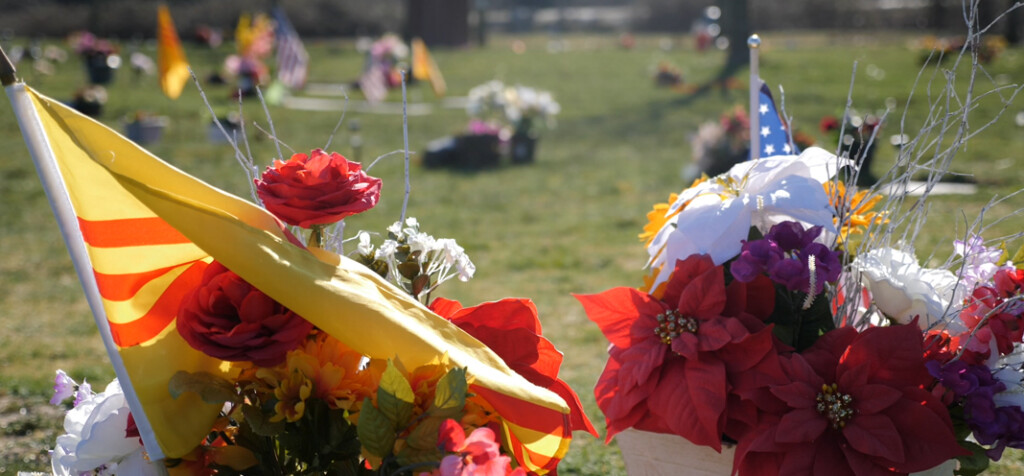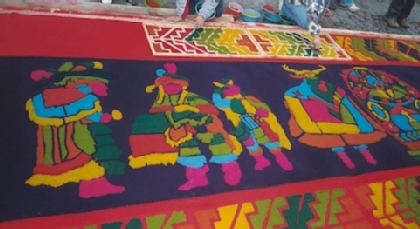Page 179 • (2,429 results in 0.052 seconds)
-
be leaders in the nursing profession. The D.N.P curriculum consists of core coursework (theory, advanced practice roles, evaluation and outcomes research, leadership and management, and advanced health promotion, information systems and patient care technology, epidemiology, analytical methods, translating research into practice, and health policy), a D.N.P. Final Project and the specialty track coursework for either the Family Nurse Practitioner or Psychiatric Mental Health Nurse Practitioner
-
journey through the business school to MBA director and ultimately to associate dean. Before me every day were insights about students’ plights—academically and financially. While working I completed a PLU MBA and a doctorate in educational leadership from Seattle U. Later, I was vice president for enrollment services for eight years, overseeing admission and financial aid. My PLU career took me through a few more positions, primarily staying in the academic division. While I don’t believe that every
-
, I knew that to be an effective educator I must work toward culturally-responsive and equitable educational practices, and come to education with the knowledge that my students and their families’ voices must be valued and heard.Mycal '12, Political Science & ChineseAs the first in my family to earn a college diploma, I am grateful for the scholarship as it not only alleviated the financial burden that comes with earning higher education but also empowered me to travel to the ends of the Earth
-
religious and educational system. Bamana males go through all six of the societies in order to be able to marry and start their role in adulthood, while Bamana females go through just one initiation society. Each of these different societies within the Bamana culture has its own unique masks. The mask in the PLU collection belongs to one of these, the ntomo society. The ntomo society is a five year period for uncircumcised boys, and the first society of the six they go through to become recognized as
-
the Makah should “change their culture” springs from an assumption that cultural difference is cosmetic, a stage dressing under which lies one universal way of being in the world. Anthropological research has taught us that, although we are universally human beings, members of the same species, there is no one universal human way of being in the world. By David R. Huelsbeck and Judith M. S. Pine Huelsbeck has worked with the Makah for 30 years on archaeology and educational projects. Working
-

, constantly on the lookout for type. Over time, his collection grew — from discoveries in Alaska and New England, to pre-Civil War type he found in the deep south and Gold Rush-era fonts obtained in California. As Thorniley aged, R.W. (Dick) Abrams, then-chairman of West Coast Paper, offered to buy the collection. Both men desired to keep the collection in the Seattle area. It now serves as an educational resource, honoring local graphic arts and book arts communities. The collection contains fonts that
-

stories about these communities, shaped through active participation by community members. The final videos for “Our Communities, Our Neighbors” will be free and available online as educational resources. Read an interview about the project with Dr. Hoyt below and purchase your tickets today!How did you get involved in this project and what drew you to it? PLU Music professor and CRPF board member Greg Youtz reached out to me about directing one of the films in the “Our Communities, Our Neighbors
-
be educated?”) and parents who expected their children to become laborers (“What good is an education?”). For the first time in human history, education became the responsibility of all citizens. Luther asked that municipal governments establish and support schools for all children. Funding for teachers, textbooks and school buildings was supported by an educational tax levied on all citizens. In this revolutionary proposal, state-funded public education was born. Lutheran educators invented the
-
of educational and career goals. We offer four degree options: a BA and BS in Mathematics, a BS in Mathematics Education, and a BS in Financial Mathematics. We also offer minors in Mathematics, Actuarial Science, and Statistics. Bachelor of Science in Mathematics This degree is intended for those students who want the strongest possible mathematics background. This is recommended for students planning to go to graduate school in mathematics. Students may select electives from a number of courses
-

.” On top of the culturally rich festivities of Holy Week, Alternative Spring Break participants will have the chance to meet Marvin Barrio, the Guatemalan child University Congregation has been sponsoring for almost ten years now. “I’m really excited to meet Marvin. I’ve been hearing about Marvin since I was a student here,” said Erickson. The three returning leaders have already met Marvin before. Marvin Barrio is sponsored through Common Hope, which provides educational scholarships and needs for
Do you have any feedback for us? If so, feel free to use our Feedback Form.


